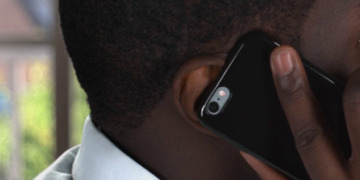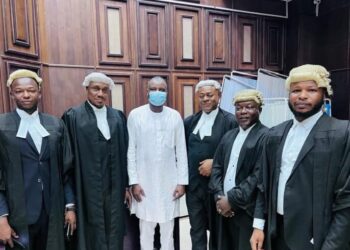By Emmanuel Nduka
A new Report claims Nigerian States and the Federal Government have been using surveillance technologies to spy on citizens’ data and communications on their devices.
The Report by the Action Group on Free Civic Space said the Government is using the technologies to track down rights activists, journalists, opposition politicians, and other targeted citizens.
It further acknowledges that Nigeria’s security challenges “threaten to tear its sovereign fabric apart” – such that the Nigerian Government is deploying technology and anti-technological means to curb terrorist activities.
While the Nigeria Communications Commission (NCC) in June this year shutdown telecommunication networks in Zamfara, Katsina, Yobe, and Kaduna where bandit and other terrorism activities have thrived, the Report claims that both the state and the federal governments are guilty of hiding under the guise of deploying technology to tackle societal challenges to ‘reign’ on private citizens, journalists, and activists through snooping data and communication from their devices.
However, allegations of the Nigerian Government spying on its people are not new. Recall that in December 2020, Nigeria’s Defence Intelligence Agency acquired equipment that it can use to spy on calls and text messages, according to a Report by the University of Toronto’s Citizen Lab, which researches digital surveillance, security, privacy and accountability.
“State actors have taken advantage of their unfettered access to these new technologies to either expand pre-existing policing powers or award themselves new surveillance powers,” the report said.
“A deep dive into the state’s most popular techniques and tactics explains why digital repression, including surveillance abuses in the country, is on the rise and flags the subsequent reforms/steps needed to counter these trends,” the Report said.
Nigeria’s Parliament in July this year, allocated a total of ₦4.8billion to the National Intelligence Agency (NIA) to monitor WhatsApp messages, phone calls, text messages, and other forms of mobile and digital communications in the country.
From the ₦4.8 billion, N1.93 billion was earmarked for ‘WhatsApp Intercept Solution’ and N2.93 billion for ‘Thuraya Interception Solution’, a communications system used for monitoring voice calls or call-related information, SMS, data traffic, among others. This was met with stiff opposition by right groups and the Nigerian public.




































